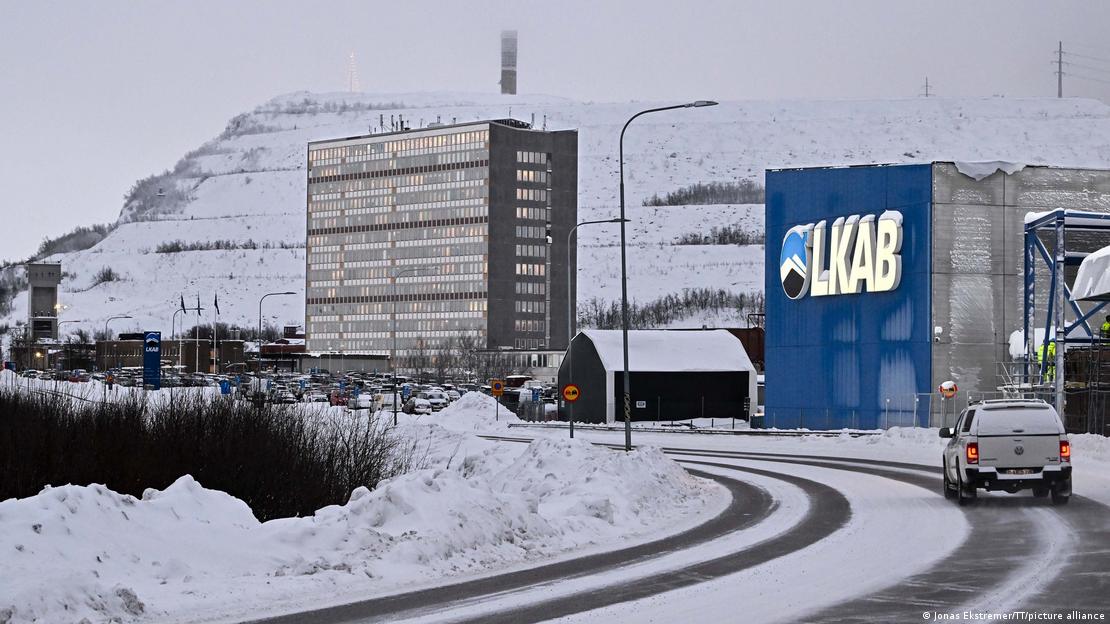Europe's largest deposit of rare earth metals is found in Sweden
From electric cars to smartphones to wind turbines, the world depends on rare earth minerals.

A few minutes every morning is all you need.
Stay up to date on the world's Headlines and Human Stories. It's fun, it's factual, it's fluff-free.
The backstory: From electric cars to smartphones to wind turbines, the world depends on rare earth minerals. But right now, China mines most of them (about 60%, according to the US Geological Service). Europe doesn't mine any of these minerals, so it must import them, leaving it dependent on other countries – mainly China, where it currently gets almost all of its rare earths.
The development: But Swedish state-owned mining company LKAB's latest discovery in Kiruna might change everything. LKAB hit the jackpot by discovering more than 1 million tons of rare earth oxides in Sweden's far north, making it the largest known rare earths deposit in Europe. With this discovery, Europe could rely less on imported minerals. Plus, as rare earths are key in renewable energy markets, it could be a huge help in the EU's green transition.
As demand for rare earths is expected to surge with the growing popularity of electric vehicles, renewable energy and consumer electronics, LKAB's discovery couldn't have come at a better time. But it's still a long road ahead. LKAB plans to apply for a permit later this year and estimates it could be 10-15 years before it can begin mining and delivering raw materials to the market.
Key comments:
"This is good news, not only for LKAB, the region and the Swedish people, but also for Europe and the climate," said LKAB CEO Jan Mostrom in a statement on Thursday, referring to the discovery of the largest deposit of rare earth metals.
"Electrification, the European Union's self-sufficiency and independence from Russia and China will begin in the mine," said Ebba Busch, Sweden's minister for energy, business and industry, in the same statement. "We need to strengthen industrial value chains in Europe and create real opportunities for the electrification of our societies."
"Lithum and rare earths will soon be more important than oil and gas," said the EU's internal market commissioner Thierry Breton last year.




Comments ()